Summary
Discover the most reliable and trusted Pakistani wholesale suppliers across multiple industries. This in-depth guide highlights top B2B sources, supplier qualities, and essential tips for global buyers looking to build strong partnerships with Pakistani businesses.
Introduction
In the dynamic world of international trade, trusted Pakistani wholesale suppliers have become a go-to for global buyers looking for affordable, high-quality products. Whether you’re sourcing textiles, spices, or electronics, Pakistan’s growing wholesale industry offers a competitive edge for resellers and entrepreneurs.
But how do you ensure you’re working with a reliable supplier? In this guide, we’ll explore everything from the benefits of Pakistani wholesalers to the top platforms and tips to secure profitable, long-term partnerships.
Why Trust Matters in Wholesale Supply
Wholesale sourcing can either grow your business or break it. If you’ve ever dealt with delayed shipments, poor-quality goods, or miscommunication, you know how damaging it can be.
Here’s why choosing a trusted supplier is essential:
- Consistent Quality: Avoid defective or low-grade products.
- Timely Delivery: Ensure customer satisfaction by receiving goods on time.
- Fair Pricing: Get competitive prices without hidden costs.
- Long-Term Partnerships: Build a reliable supply chain.
Pakistan’s wholesale sector is rich in potential — but trust must be earned, not assumed.
Top Categories of Wholesale Products in Pakistan
Pakistan is known for its strong manufacturing base across various sectors. Here’s a quick overview of the top wholesale product categories:
| Product Category | Key Features | Best Markets/Regions |
|---|---|---|
| Textiles & Garments | Cotton-based, embroidery, stitched & unstitched | Faisalabad, Karachi, Lahore |
| Spices & Food Items | Organic, bulk packaging, long shelf life | Multan, Karachi |
| Leather Goods | Shoes, jackets, bags | Sialkot, Lahore |
| Electronics | Mobile accessories, LED lights, gadgets | Karachi, Lahore |
| Handicrafts | Marble, wood, and handmade décor | Islamabad, Multan |
These industries offer tremendous export opportunities with competitive pricing and customization options.
Qualities of Trusted Wholesale Suppliers
Not every supplier lives up to expectations — especially when you’re dealing internationally. Here’s what to look for when selecting trusted Pakistani wholesale suppliers:
1. Business Registration & Certifications
Legitimate suppliers should be registered with Pakistan’s SECP and have export licenses. Ask for tax records, import/export certificates, or chamber of commerce affiliation.
2. Clear Communication
A professional supplier communicates well, shares timely updates, and answers your queries efficiently.
3. Product Samples
Always request samples before bulk orders. This helps verify product quality and avoid unpleasant surprises.
4. Transparent Pricing
Avoid suppliers who frequently change rates or add hidden costs. Trustworthy businesses provide clear quotations.
5. Reliable Delivery & Logistics
Check whether they offer shipping support and partnerships with logistics companies for global delivery.
How to Find Trusted Wholesale Suppliers in Pakistan
With technology, finding trustworthy suppliers is easier than ever — if you know where to look.
Online B2B Platforms
- Alibaba.com – Many verified Pakistani sellers in textiles and food.
- Tradekey.com – Pakistan-based B2B platform connecting global buyers.
- PakistanB2B.com – Dedicated to local suppliers for international buyers.
Local Trade Fairs
Attend expos like “Expo Pakistan” or “Pakistan Mega Leather Show” for face-to-face networking.
Referrals & Networking
Tap into business groups, LinkedIn communities, and forums to get real reviews and contacts.
Wholesale Markets to Visit (if local)
- Azam Cloth Market, Lahore
- Jodia Bazaar, Karachi
- Bara Market, Peshawar
Top Trusted Pakistani Wholesale Suppliers (Examples)
While new businesses continue to emerge, here are a few well-known names in Pakistan’s wholesale industry:
1. Gul Ahmed Wholesale (Textiles)
One of Pakistan’s oldest and most reputable fabric manufacturers offering bulk exports globally.
2. Hazir Rice & Spices
A reliable exporter of organic Pakistani rice, masalas, and pulses – trusted by wholesalers worldwide.
3. Servis Industries (Footwear & Accessories)
Known for quality leather shoes and accessories. Available in bulk to international retailers.
4. Pak Elektron Limited (PEL)
Deals in wholesale electronics and appliances – highly reliable in South Asian markets.
Tips for Doing Business with Pakistani Wholesalers
Here are some practical, field-tested tips to ensure smooth collaboration:
Negotiate Professionally
Always negotiate but remain respectful. Pakistani business culture values relationship-building.
Test with Small Orders
Start with a small MOQ to test the waters — especially for new suppliers.
Choose the Right Payment Methods
- Use LC (Letter of Credit) or PayPal/Escrow for security.
- Avoid full advance payment unless you’ve established trust.
Discuss Shipping Clearly
Clarify delivery terms (FOB, CIF) and timelines before finalizing the deal.
Build Relationships
Long-term trust brings better pricing, first-hand product updates, and priority in production.
Final Thoughts
Working with trusted Pakistani wholesale suppliers can unlock cost-effective, high-quality sourcing for global buyers. From textiles to spices and electronics, Pakistan has carved a niche as a dependable B2B destination.
Do your due diligence, verify credentials, and don’t shy away from communication. The right supplier can become your growth partner — not just a vendor.
Frequently Asked Questions (FAQs)
Q1: How do I verify if a Pakistani supplier is trusted?
Ask for registration documents, check reviews on B2B platforms, request samples, and verify through the local Chamber of Commerce if needed.
Q2: What are the best cities for wholesale markets in Pakistan?
Karachi, Lahore, Faisalabad, and Sialkot are known hubs for wholesale trade across various sectors.
Q3: Can I buy in small quantities from Pakistani wholesalers?
Yes, many suppliers offer low MOQs for testing purposes, especially through B2B platforms.
Q4: Which payment methods are safest for international buyers?
Letters of Credit, escrow payments, or partial payments via PayPal are generally considered safe.
Q5: What are some red flags when dealing with new suppliers?
Unrealistic prices, lack of documentation, vague responses, and refusal to share samples are warning signs.
